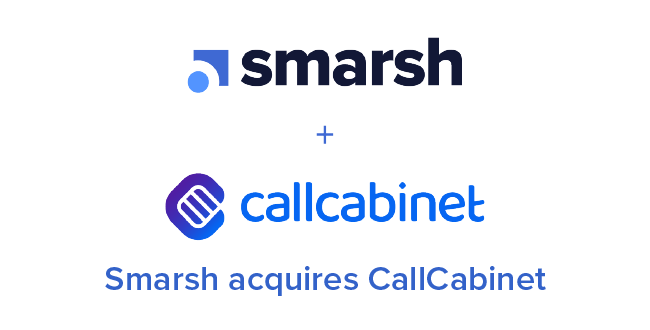On October 5th, AOL announced that its iconic messaging platform, AOL Instant Messenger (AIM), will End-of-life (EOL) on December 15th.
Introduced in May 1997, AIM quickly became the communication tool of choice for individuals and businesses looking for more immediate and efficient ways to talk with friends, colleagues, and clients. At its peak in 2001, more than 100 million people were signing on and using AIM, but – with the emergence of new messaging tools and widespread adoption of social media and text messaging – development of the platform ceased in 2012.
Even as AIM prepares to EOL, there are an estimated 1-2 million people still using the software to communicate and conduct business. The development of messaging and collaboration technologies have come a long way in the 20 years since AIM was launched, and with high adoption and natural technology evolution in full force, an array of new platforms have been introduced for businesses to choose from. So, what’s the right solution for your firm in 2017? It depends on your business needs.
Here’s what to consider when looking for new messaging and collaboration tools:
What are your recordkeeping and supervision requirements?
Many industries have specific requirements for maintaining communication records. The financial services industry must not only retain records of all (yes, all) communications with customers, but also communications between advisors and coworkers as well. In government, all records related to the work of the agency must be kept and made available for public records requests.
Even outside of strictly regulated industries, there is a strong business case for maintaining good recordkeeping practices. This includes lowering cost of potential litigation by keeping records for eDiscovery, monitoring employee communications to prevent risk from losing intellectual property to managing your organization’s brand.
While many organizations may move toward other public instant messaging applications such as Skype and WhatsApp, it’s important to remember that these applications are not intended for businesses in regulated industries with electronic communication recordkeeping and retention requirements because:
- End-to-end encryption, offered by applications like WhatsApp, keeps messages sent within a conversation readable only by the sender and recipient, creating massive risk due to the inability to properly surveil communications.
- The free version of Skype is feasible for small businesses, but it lacks the security features and integrations that compliance-minded businesses need.
If you must meet either internal or regulatory recordkeeping or supervision requirements, we highly recommend moving to an enterprise-level messaging application designed for business use.
Who are you using AIM to communicate with?
There are dozens of messaging tools to choose from, and depending on who you’re communicating with, these channels will likely impact which platform your organization will adopt:
- Tools like Skype for Business, Bloomberg, and Symphony enable both internal and external messaging, while others, like Slack, are deployed across an organization to support communication and collaboration internally.
- While AIM will always have a place in the hearts of many, the message is clear – people want to use applications they’ve been using and may prefer such as Facebook, Symphony, Bloomberg, and Slack.
Archiving and Collaboration Tools
Since AIM changed the way we communicate twenty years ago, the conversation has shifted away from just talking, towards taking action. In other words, it’s not just about messaging anymore – it’s about collaborating.
With robust tools like Slack, Microsoft Office 365, Teams, Skype for Business or Workplace by Facebook, your business can enable communication while also breaking down silos and streamlining workflows with bots, apps, and integrations to popular productivity and enterprise products like Google Drive, Salesforce, and Microsoft Office.
Learn more about how Smarsh can help enable your business with IM & collaboration archiving here.
- Improve Public Records Management to Stay On Top of North Carolina Public Records Law - January 28, 2025
- Top 3 Things to Consider for Your Next Archive - January 16, 2025
- Understanding Indiana Public Records Laws: Ensuring Efficiency in Record Archive Management - January 14, 2025
